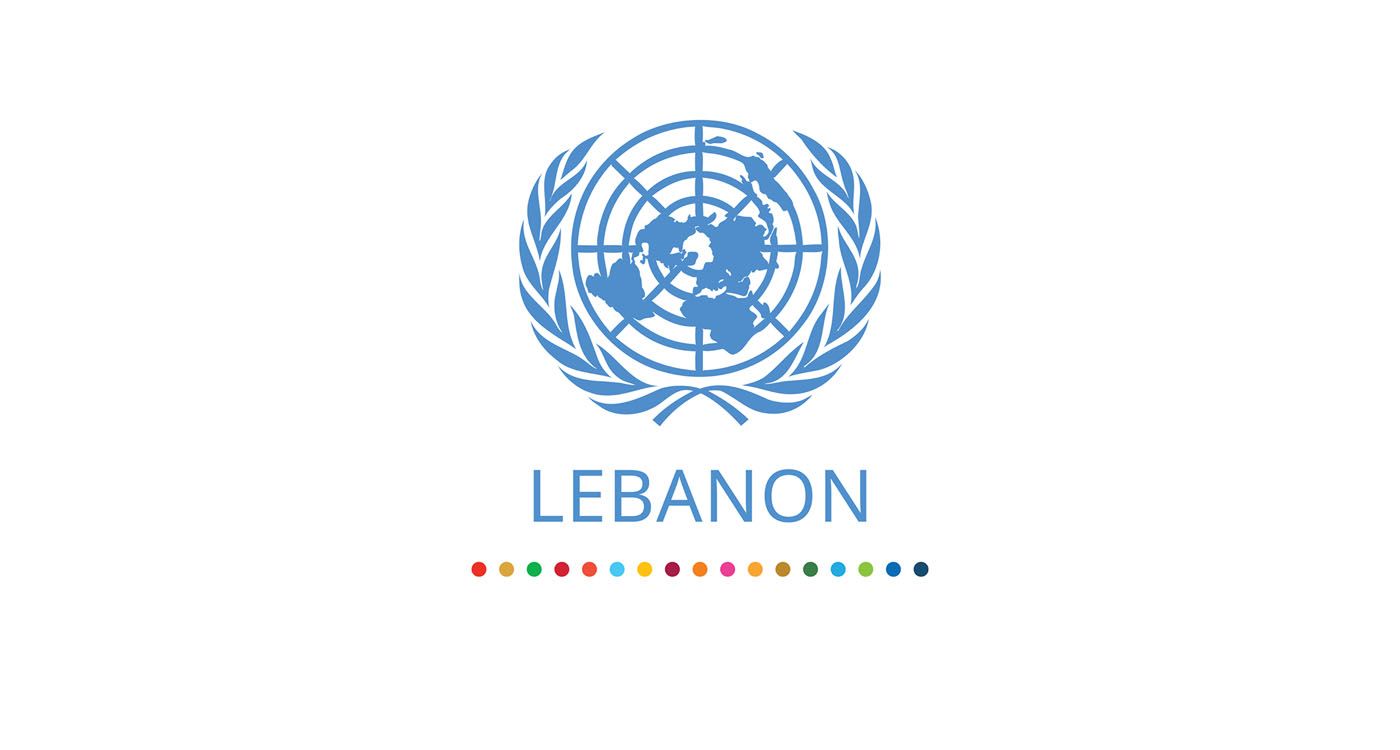
The United Nations issued a stark warning Thursday, urging immediate and coordinated efforts to steer Lebanon away from a deepening crisis. In a newly released joint report, UN agencies outlined the devastating impact of the ongoing conflict and proposed key recovery pathways to help the country regain its footing.
The report, titled “The Socio-economic Impacts of the 2024 War on Lebanon,” was prepared by the United Nations Development Program (UNDP) and the UN Economic and Social Commission for Western Asia (ESCWA), in collaboration with UNICEF, the International Labour Organization (ILO), and UN-Habitat.
It presents a grim picture of the conflict that began on October 8, 2023, following the Hamas offensive against Israel, and escalated dramatically in September 2024. The findings detail widespread human loss, infrastructure destruction, economic disruption, and severe impacts on livelihoods and social cohesion. These challenges have compounded an already prolonged and complex national crisis.
According to the report, more than 1.2 million people have been displaced, around 64,000 buildings damaged or destroyed, and the education of hundreds of thousands of children interrupted. Micro, small, and medium-sized enterprises (MSMEs), which make up 90 percent of Lebanon’s economy, have been especially hard hit. Fifteen percent have shut down permanently, 75 percent suspended operations during the conflict, and nearly 30 percent lost their entire workforce. In the hardest-hit regions, up to 70 percent of businesses ceased operations entirely.
The economic fallout has been severe. Between 2019 and 2024, Lebanon’s economy contracted by 38 percent, and its Human Development Index (HDI) fell back to 2010 levels, erasing 14 years of progress. Still, the report notes that with strong reforms, recovery is possible. It projects potential GDP growth of 8.2 percent in 2026 and 7.1 percent in 2027. Even in this optimistic scenario, the economy would still lag 8.4 percent behind its 2017 peak of $51.2 billion. To support recovery, the report highlights four key sectors: agriculture, construction, tourism, and industry.
“Lebanon is at a critical crossroads,” said Blerta Aliko, UNDP Resident Representative in Lebanon. “This assessment is intended to support the government in setting clear priorities and shaping a national recovery plan. Achieving inclusive and sustainable recovery will require strong, functional public institutions. The UNDP remains committed to supporting Lebanese authorities every step of the way.”
The report identifies four priority pillars for recovery, aligned with government strategies: rebuilding and strengthening public institutions, revitalizing the economy and creating jobs, restoring basic services and expanding social protection, and rehabilitating damaged environmental ecosystems.
“Lebanon is grappling with a complex polycrisis, now made worse by the consequences of war,” said Tarik Alami, Director of Governance and Conflict Prevention at ESCWA. “Urgent and accelerated reforms are needed, particularly in public administration, the economy, and the financial sector. At the same time, the root causes of recurring violence along the southern border must be addressed decisively and in accordance with international law and UN resolutions.”
The report concludes that Lebanon’s recovery depends on joint efforts between the state, international donors, UN agencies, and NGOs. Large-scale financing will be essential. This includes mobilizing domestic resources, private investment, international development aid, and foreign direct investment. Without timely intervention, the report warns, recovery will slow, poverty will deepen, public institutions will weaken further, and Lebanon’s fragile social stability will be seriously at risk.



Comments